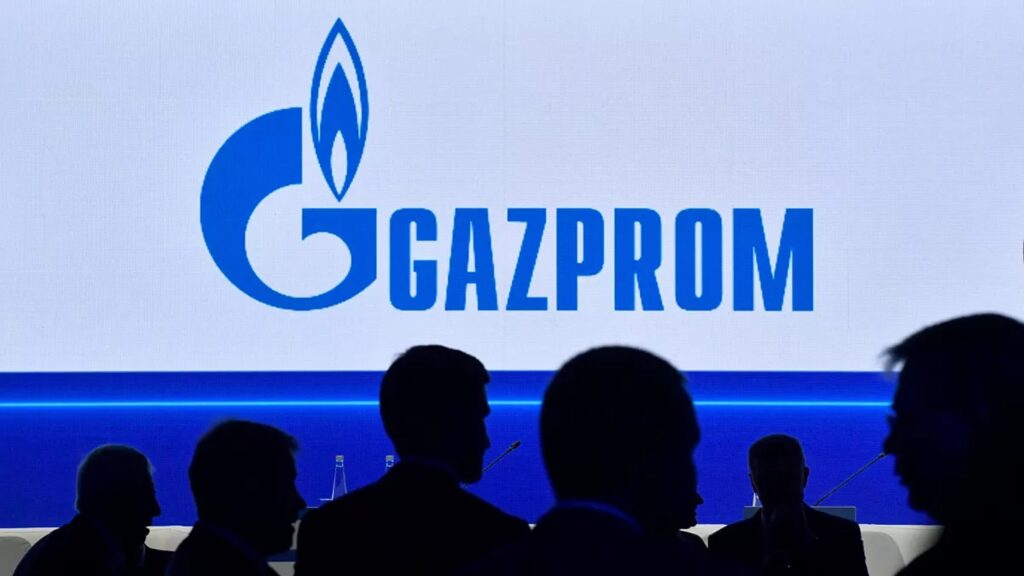Gazprom, a major player in the global energy sector controlled by the Kremlin, has recently expanded its holdings by acquiring a 27.5% stake in the Russian liquefied natural gas (LNG) producer Sakhalin Energy.
This move came after the purchase of the stake, which was previously owned by Shell, for approximately $1 billion, as outlined in a government order.
Interestingly, this acquisition marks a change in plans from the Russian government’s previous decision to sell the stake to Gazprom’s competitor, Novatek, a decision that has been officially revoked without any provided rationale.
The transaction for the 27.5% stake in Sakhalin Energy was carried out through a company named Sakhalin Project for the sum of 94.8 billion roubles ($1.02 billion).
The decision to switch buyers from Novatek to Sakhalin Project, a subsidiary fully owned by Gazprom, has led to speculation.
Analysts, such as those from BCS brokerage in Moscow, suggested that the initial buyer might have reconsidered due to potential legal risks, especially in light of the recent sanctions imposed by the United States on Russia, including specific measures against Novatek’s Arctic LNG 2 project, as a response to the ongoing conflict in Ukraine.
Shell, in its response to the transaction, stated, “We cannot comment on matters relating to the Russian Federal Government’s Decree process.
“Shell reserves all its legal rights relating to its 27.5% (minus one share) interest in Sakhalin Energy Investment Company Ltd (SEIC).
“We have no further comment.” This statement highlights the complexity and potential legal entanglements of the deal.
Gazprom’s acquisition increases its stake in Sakhalin Energy, which is strategically located at the southern tip of Sakhalin Island in Russia’s Pacific region.
This area is a critical point for LNG production and export, mainly serving markets in Japan, South Korea, China, India, and other Asian countries.
Despite facing a production decrease from 11.5 million metric tons in 2022 to over 10 million metric tons last year, Sakhalin Energy remains a significant player in the global LNG market, contributing to nearly 3% of the worldwide demand.
This development follows Shell’s decision to exit the project in the aftermath of Russia’s military actions in Ukraine in February 2022, a move that led to a $1.6 billion impairment for Shell.
The backdrop of this transaction is a broader context of geopolitical tensions, with Russian President Vladimir Putin threatening retaliation against Western sanctions and the transformation of Sakhalin-2’s operating company into a Russian entity via presidential decree, which affected foreign stakeholders including Shell, Mitsui, and Mitsubishi.
The ongoing situation illustrates the intricate interplay between energy, politics, and international relations in the current global landscape.
